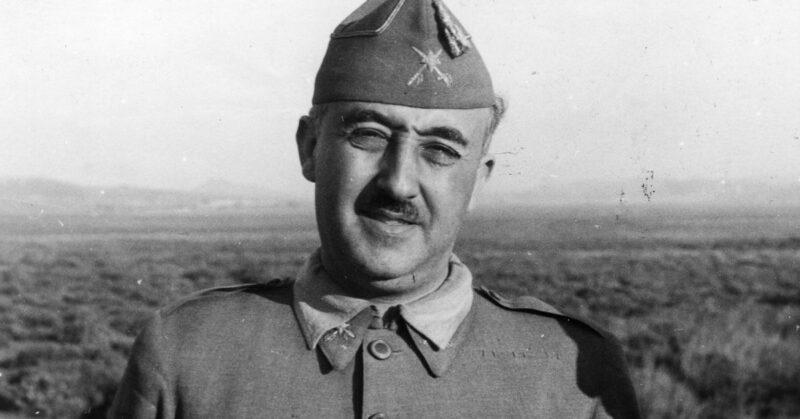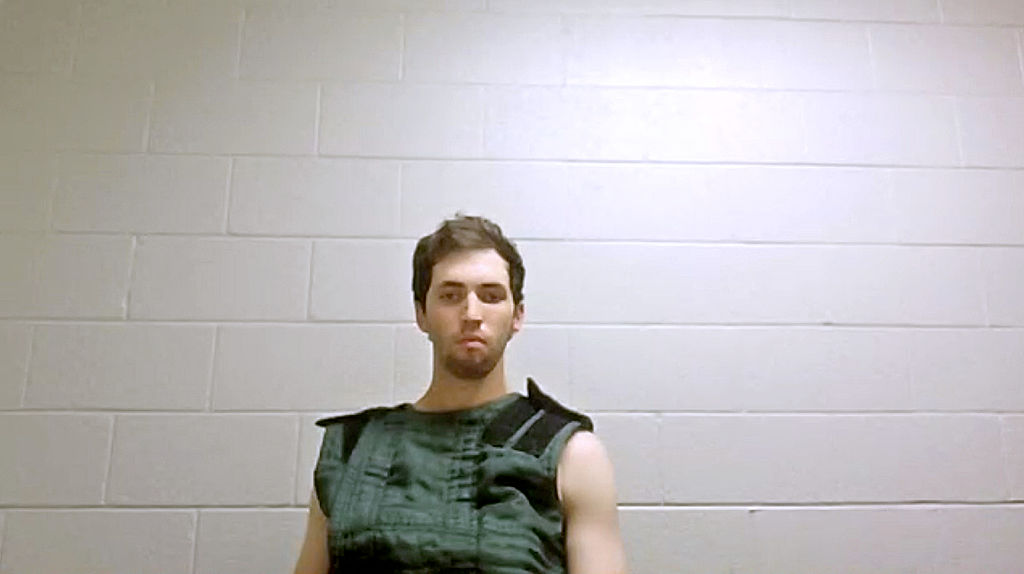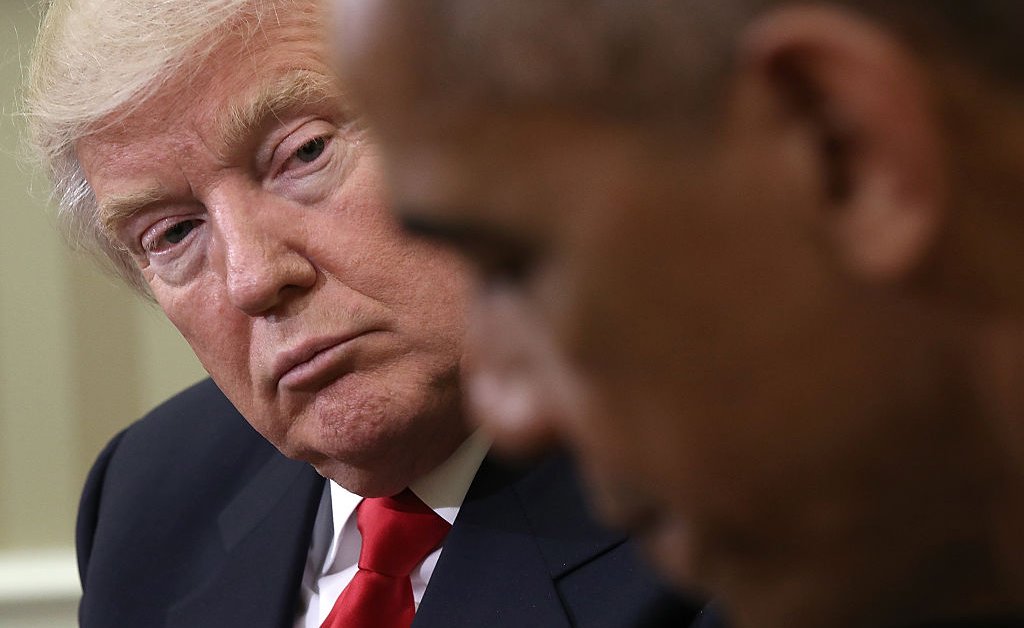From this political bargaining grew the so-called “Pact of Forgetting.” It upheld the controversial idea of desmemoria, or disremembering, which called for avoiding any situation that could revive the memory of the Civil War, and the Franco dictatorship. As memorably described by Basque political leader Xabier Arzalluz in 1977, the pact delivered “an amnesty for all by all, and a forgetting for all by all.” In so doing, Spanish politicians were able to focus on the consolidation of a new democratic regime without recriminations about the past.
But the Pact of Forgetting exacted a toll on Spanish society. It closed the door on justice accountability for the Franco regime. This meant that Spain stood in contrast to other democracies created around the same time, such as those of Portugal, Greece, and Argentina, which held their former leaders to account through prosecution and other means. The pact also afforded Franco a very respectable afterlife, including a state funeral, three days of mourning, and a mausoleum at El Valle de los Caídos, Spain’s grandest public monument. Completed by Franco in 1959, at the peak of Francoist fervor, it features the tallest cross in Christendom and an interior décor that pays homage to the “glories” of Spanish civilization, such the Reconquista, Spain’s holy war from the late Middle Ages against Muslim “infidels.”








